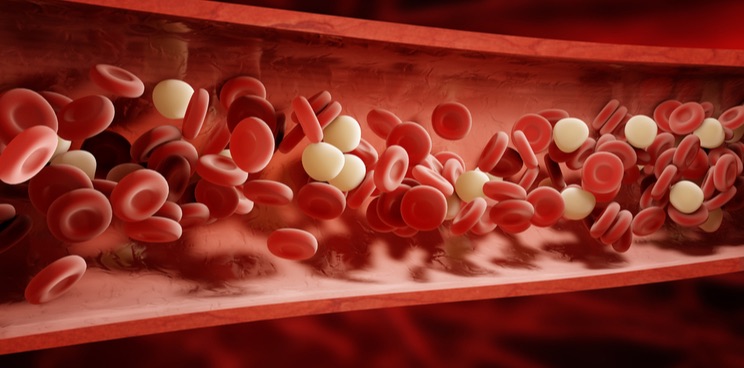The US company bluebird bio has launched the first gene therapy for the blood disorder transfusion-dependent beta thalassemia in the EU, with a hospital in Germany becoming its first qualified treatment center.
Bluebird bio’s gene therapy, branded as Zynteglo, was given conditional market approval by the EU in June 2019. It was the first gene therapy approved to treat people over 12 years of age with all but the most severe form of transfusion-dependent beta thalassemia, a condition that normally requires the patient to have a lifetime of blood transfusions to stay alive. To be eligible for treatment with the therapy, the patients must have no matching donor available for a stem cell transplant, one of the current methods for treating the condition.
The company has recruited the German manufacturer apceth Biopharma to produce Zynteglo, and is working with specialized stem cell transplant institutions in Germany to establish centers to administer the therapy. The first qualified treatment center will be the University Hospital of Heidelberg.
“We consider this to be an important step forward for the field of gene therapy as we work to transform the healthcare system to accept innovative payment models, to bring such potentially transformative therapy to patients, families and the providers who care for them,” a representative from bluebird bio told me.
Germany is just the start of bluebird bio’s European rollout. The company is also negotiating with France, the UK, Italy, and countries in Scandinavia to bring Zynteglo to patients in these regions.

Bluebird bio revealed the treatment’s €1.58M price tag in June 2019. The company has negotiated with multiple health insurance providers in Germany to establish a ‘value-based payment system’, where the sum will be paid in installments over five years. The first installment of €315,000 will be upfront and another four installments will be payable each year depending on whether the therapy prevents the need for transfusions completely.
This value-based installment system is also in use for other advanced treatments such as Spark’s Luxturna and Novartis’ Zolgensma. Zolgensma, for example, was approved by the FDA for the treatment of spinal muscular atrophy in May 2019, and is the most expensive drug in the world, costing up to €1.9M ($2.1M) per patient in the US. This is to be broken up into one €379,000 installment per year for five years.
“Risk-sharing agreements should be a standard part of contracting for products like gene therapies where there is uncertainty about the risk-benefit profile,” bluebird bio’s representative said. “We are encouraged by the value-based agreements being championed in some countries, demonstrating that this reimbursement method can provide a viable solution for the payment of innovative, one-time treatments.”
While Zynteglo is the first approved gene therapy for the treatment of transfusion-dependent beta thalassemia, more options could arrive in the next few years. The UK company Orchard Therapeutics is developing a gene therapy, currently in phase I trials, for the same condition. Orchard’s therapy is designed to treat all forms of the condition, including the most severe form.
Additionally, Swiss biotech CRISPR Therapeutics and its US partner Vertex Pharmaceuticals are developing a gene edited cell therapy in phase I for beta thalassemia, and recently released promising interim results.
Images from Shutterstock





